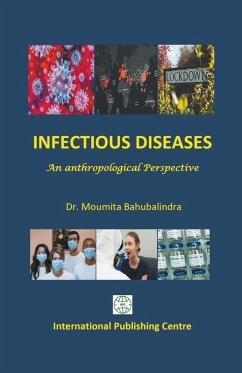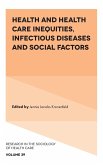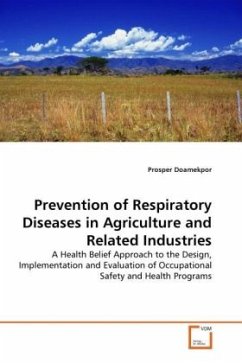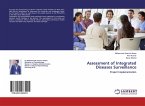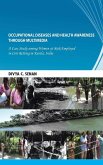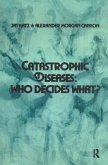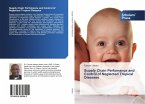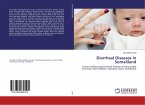The anthropology of irresistible illness is the field of applied and fundamental anthropological examination that spotlights the connection among sociocultural, organic, political, monetary, and biological factors engaged with the etiology, pervasiveness, experience, influence, social grasping, counteraction, and treatment of irresistible sicknesses. The main zeroed anthropological work on irresistible sickness began inside the post-World War II time of 1950, in another age, described by means of global improvement intended to help considerably less created worldwide areas to get Western/Japanese phases of mechanical and metro improvement. Biocultural or biosocial approaches to infectious disease anthropology are at the heart of the emerging field. Each cultural and social aspect in the environmental setting has a significant impact on infectious illness transmission to humans. Biocultural/biosocial approaches to infectious illness begin with the idea that infection always goes beyond biology in that it is the result of interaction on a variety of levels. Biologically, one of those phases is unquestionably present. For infectious disease to occur, pathogenic microorganisms, bacterial and viral pathogens, protozoa, helminths, and other organisms must be present. Infectious illness transmission has been linked to human behaviour for more than a century. Infectious illness outbreaks are largely determined by human activity.

